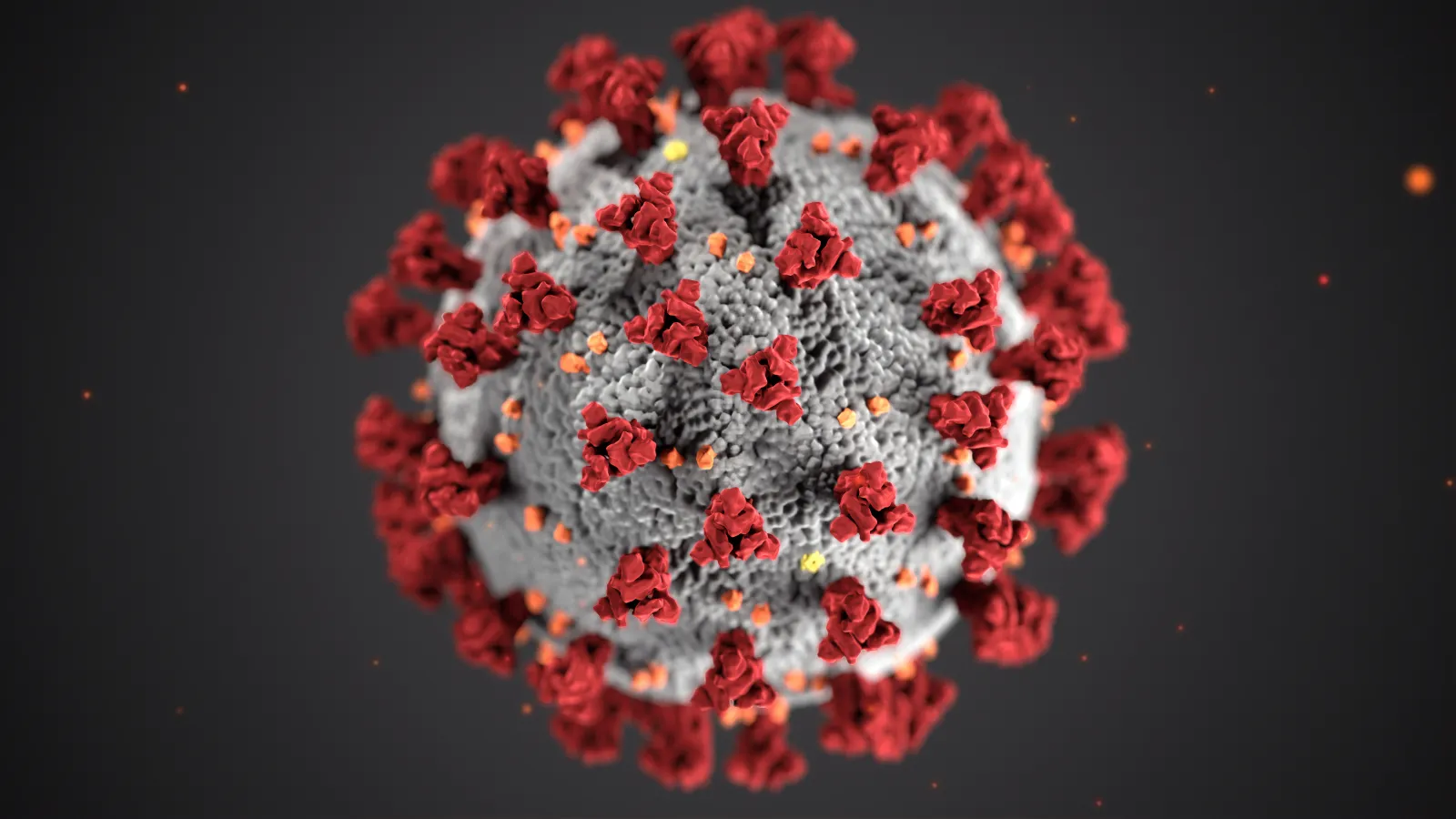General Information
As you're aware, the spread of the novel coronavirus (COVID-19) is an emerging, rapidly evolving situation and we will continue to provide updated information as it becomes available.
For the most up to date information, visit the CDC website.
What is Coronavirus (COVID-19)?
Coronaviruses are a large family of viruses. Some coronaviruses cause illnesses in people, but many of them do not. Most of the coronaviruses that make people sick usually only cause mild respiratory disease, similar to the common cold.
The new coronavirus that is causing alarm officially is named SARS-CoV-2, but it also is known as 2019 novel coronavirus. It is called novel because it hasn't been seen in human beings before. It first was identified in Wuhan, a city in China, in December 2019. Because the virus is new, the investigation of it is evolving rapidly and being updated frequently.
The disease the virus causes is known as coronavirus disease 2019, or COVID-19 for short. You may see the virus referred to as the COVID-19 virus.
What are the symptoms of COVID-19?
The symptoms are similar to the flu or pneumonia and can include a cough, fever and shortness of breath. The Centers for Disease Control and Prevention (CDC) believes that symptoms may appear in as few as two days or as long as 14 days after exposure to the virus.
COVID-19 typically causes mild symptoms, and the vast majority of people will recover fully from it. However, in some cases these symptoms may develop into more serious problems, such as severe breathlessness.
The CDC recommends you call your doctor if you develop these symptoms and have been in close contact with a person known to have COVID-19 or recently have traveled from an area with widespread or ongoing community spread of COVID-19.
How does the virus spread?
According to the World Health Organization, the disease can spread from person to person through small droplets from the nose or mouth which are spread when a person with COVID-19 coughs or exhales. These droplets land on objects and surfaces around the person. Other people then catch COVID-19 by touching these objects or surfaces, then touching their eyes, nose or mouth. People can also catch COVID-19 if they breathe in droplets from a person with COVID-19 who coughs out or exhales droplets.
How can you protect yourself and help prevent the spread of the disease?
It is important to remember that COVID-19 typically causes mild symptoms, and the vast majority of people will recover fully from it. Adults who are 70 years of age or older and people with serious illnesses, such as cardiovascular disease, diabetes, chronic respiratory disease, hypertension and cancer are more vulnerable to COVID-19. You can best protect yourself in simple ways by practicing the following:
- Wash your hands. Washing your hands with soap
and water, or using hand sanitizer when soap is not available, is a great way
to prevent the spread of any disease.
- Avoid touching your eyes, nose or face when
hands are unwashed.
- Stay home when you are sick. The best way to
stop the spread of this disease or any illness is to stay away from heavily
populated areas like work or school when ill.
- Cover your mouth and nose when coughing or
sneezing.
- Clean and disinfect household surfaces frequently.
Is it safe to come to BGO?
Absolutely. Your safety and that of our staff is our highest priority. Our medical center was built for this, and we even offer a telemedicine platform so you can see your provider digitally on your smartphone. Contact BGO here or call 859-263-5140 to ask if this platform is available to you.
Should I cancel my appointment/procedure/elective surgery?
There is no need to cancel any appointments, procedures or elective surgeries. We have rigorous systems in place for screening and isolating any person who presents with coronavirus symptoms, and then fully supporting their care as warranted. We want to assure you that we are taking every precaution to ensure your safety during your visit. As a part of these precautions, please limit the number of people joining you for your appointment.
I have cancer/heart disease/something immunocompromised - what should I do?
Please speak to your doctor directly.
More Information
- Novel Coronavirus Information and Resources
- For patients, general questions about our plans, prevention and more, please refer them to the BGO at (859) 263-5140 (Monday - Friday: 8AM to 5PM) or reach us online here.
